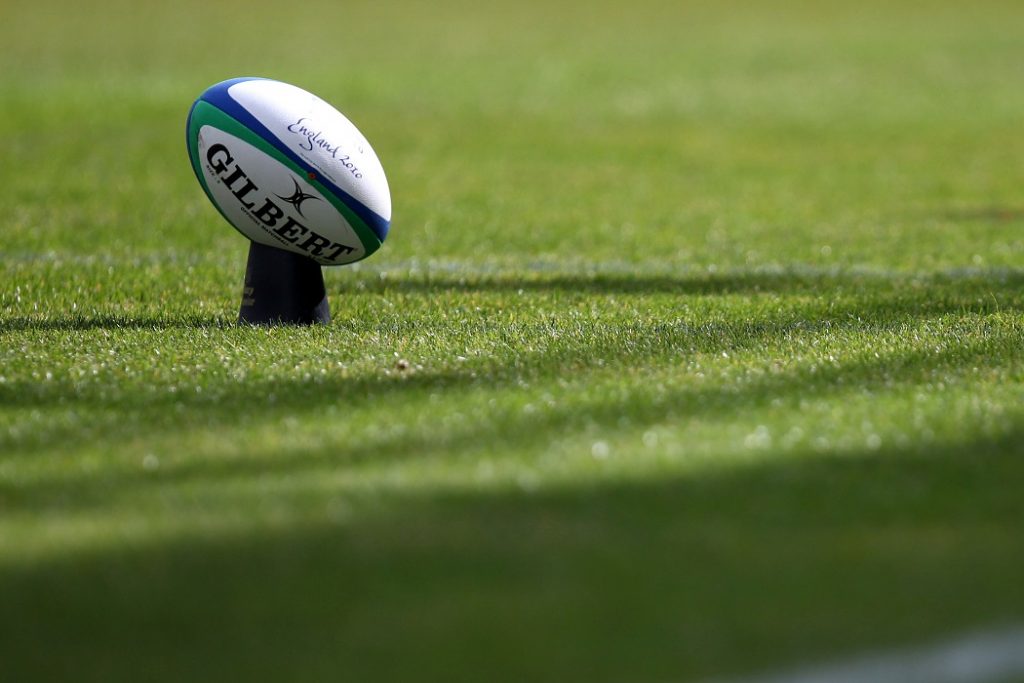Member Insights: The Saracens Scandal – One Of The Biggest To Hit British Sport And A Communications Calamity Of Errors
January 21, 2020
Top level international sport has had its fair share of scandals over the years, but the enforced relegation of Premiership Rugby Champions Saracens is perhaps the greatest shock in professional club sport in Great Britain.
This is a team who, in the past decade, have been crowned champions five times and European champions three times, with a squad packed with internationals at the top of their game. They were a symbol of British sport at its absolute pinnacle and will now forever be associated with this shameful episode that tarnishes the game.
How ironic that the club state that their core values are honesty, discipline, work rate and humility when gaming the system to steal an unfair advantage.
The scandal initially broke in the spring of 2019 when an investigation by the Daily Mail found that some of the club’s leading players had entered into investment partnerships with the club’s multi-millionaire owner Nigel Wray, who argued that the investment schemes carried significant financial risk, so could not be considered to be against the rules while the club admitted that the problems were simply down to “administrative errors.”
“The initial indignation and hollow claims of innocence only made the situation worse.”
There have previously been concerns about the implementation of the £7m salary cap in any event, with some arguing that it has not properly been enforced and that other clubs are likely to have bent the rules as well, but following an official investigation, Saracens were docked 35 points and fined £5.36 million.
Wray responded with indignation rather than contrition, claiming that “the rug has been pulled from under our feet.”
A Saracens statement said that the club considered the punishment to be “heavy handed” and that they would “vigorously defend this position especially as PRL (Premiership Rugby) precedent already exists whereby co-investments have not been deemed part of salary in the regulations.”
Within days, Saracens backtracked and announced they would not appeal against the fine and points’ deduction and now accepted the blame, from a communications perspective, the initial indignation and hollow claims of innocence only made the situation worse.
Wray and the club’s official communications channels should have paused before commenting rather than complain about the decision, when it had become so clear that they were cheating the system. Promises to introduce independent governance measures were too little too late and, if anything, it was a surprise that Wray waited almost two months to resign.
At the end of last week, Premiership Rugby, the governing body for the top-flight competition finally took the decision that the 35-point deduction was not enough and announced that Saracens would be relegated at the end of the season.
Saracens apparently had the option between accepting relegation or opening their books for independent auditing – and the fact that they chose what may appear to be a more severe punishment raises questions about whether the club was guilty of even greater misdemeanours than have already been exposed.
“The Board of Saracens wishes to unreservedly apologise for the mistakes made in relation to the salary cap regulations,” said a statement.
“Our goal is to rebuild confidence and trust. The Board must embody the values of the club, learn from its mistakes so the Club can come back stronger. It is in the wider interests of the Premiership and English rugby to take this decisive step, to ensure everybody is able once again to focus on the game of rugby, which we all love.
“Exeter Chiefs, for instance, can only wonder whether they might have won trophies at Saracens’ expense had the playing field been level.”
“We hope that we can now start to move forward, begin to restore confidence and over time, rebuild trust with PRL, its stakeholders and the wider rugby community.”
Relegation is little consolation to the other clubs competing for titles against Saracens while Exeter Chiefs, for instance, can only wonder whether they might have won trophies at Saracens’ expense had the playing field been level.
With the salary cap enforced next season, many of Saracens’ star players may choose to move on, and whether Wray will continue to fund the club, who would have otherwise made losses in any event, remains to be seen.
For the fans, a season watching second-tier rugby is now inevitable, but the scandal may not be over if speculation is correct that more misdemeanours will be revealed in due course.
Saracens have done themselves even more reputational harm by not fully disclosing the extent of their systemic rule-breaking, which allows the scandal to drag on rather than draw a line under it and move on.
Why did it take PRL 10 weeks to confirm relegation for Saracens, having declared at that time that the investigation had reached a conclusion, just to drag it out even longer? PRL should also have released the report which prompted the decision to relegate Saracens rather than just fine them and deduct points.
As Sir Ian McGeechan said recently “Only Premiership chairmen have seen report, which remains under lock and key at PRL. But why can’t the rest of us? Is there something in there they don’t want us to see? If it’s specific names and salaries, just redact them.”
The entire episode has been a case study in how not to deal with a crisis from a communications and administrative perspective and leaves a sorry stain on the reputation of rugby in England that could take years to repair.
David Alexander @Calacus, Calacus.com



